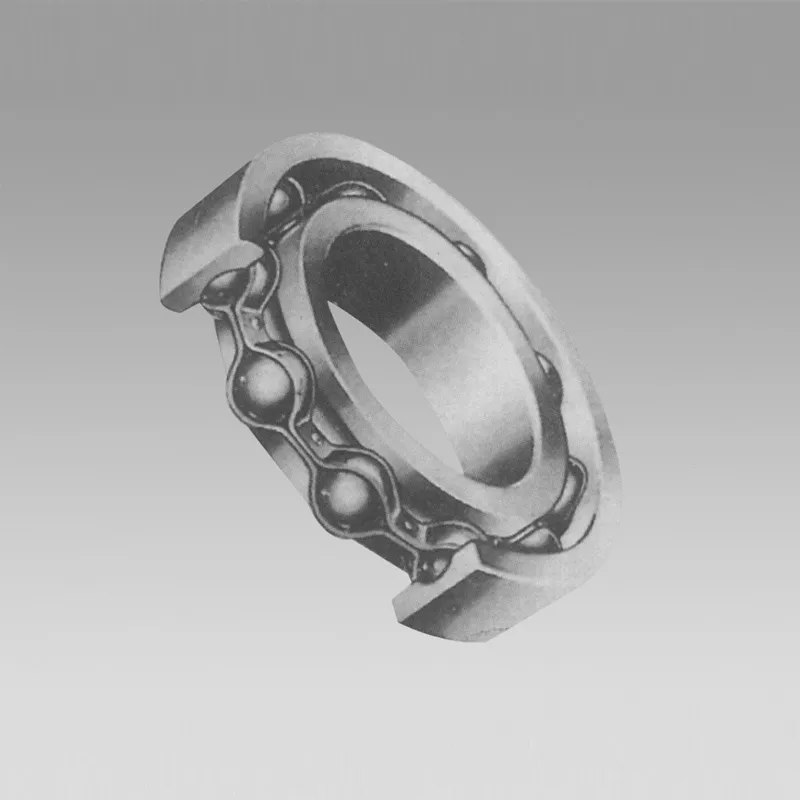
Nov . 07, 2024 13:10 Back to list
Deep Groove Ball Bearing Housing Design and Performance Considerations for Engineering Applications
The Role of Deep Groove Ball Bearing Housing in Machinery
Deep groove ball bearings are essential components in various machinery, providing efficient rotary motion and supporting radial and axial loads. The housing of these bearings plays a critical role in their overall performance and longevity. This article delves into the significance of deep groove ball bearing housing, exploring its design, materials, and applications.
Understanding Deep Groove Ball Bearings
Before delving into the housing, it is essential to understand what deep groove ball bearings are. They feature a simple design with deep raceways, accommodating both radial and axial loads in either direction. Their main advantages include low friction, high speed capabilities, and versatility, making them suitable for numerous applications, from electric motors to automotive components.
The Importance of Bearing Housing
The housing of a bearing is integral to its function. It serves several key purposes
1. Support The housing provides a stable foundation for the bearing, aligning it correctly within the machinery. Proper alignment is crucial for minimizing wear and enhancing operational efficiency.
2. Protection Bearings are exposed to various environmental conditions, including contaminants like dust and moisture. The housing acts as a protective barrier, shielding the bearing from external factors that could lead to premature failure.
3. Load Distribution The housing aids in evenly distributing loads across the bearing. This distribution is vital for preventing localized stress, which could result in deformation or damage over time.
4. Noise and Vibration Reduction A well-designed housing can minimize vibrations and noise generated during operation, contributing to smoother and quieter machinery.
Design and Materials of Bearing Housing
The design of deep groove ball bearing housing varies depending on the application. Common designs include flanged housings, pedestal housings, and pillow-block configurations. Each design provides specific benefits, such as ease of installation, maintenance access, and enhanced stability.
Materials used in bearing housings are typically selected based on strength, durability, and environmental resistance
. Common materials includedeep groove ball bearing housing

- Cast Iron Known for its strength and durability, cast iron is a popular choice for heavy-duty applications, providing excellent shock absorption.
- Aluminium Lightweight and corrosion-resistant, aluminum is suitable for applications requiring reduced weight without compromising strength.
- Steel Steel housings offer high strength and are often used in demanding environments. They can be treated or plated to enhance corrosion resistance.
Modern trends in housing design also emphasize the use of composite materials and advanced engineering techniques, improving both performance and sustainability.
Applications of Deep Groove Ball Bearing Housing
Deep groove ball bearing housings find applications across various industries, including
- Automotive Used in engines, transmissions, and wheel hubs, these housings ensure smooth operation and reliability in vehicles.
- Industrial Machinery In manufacturing plants, they support motors, conveyors, and pumps, playing a vital role in the production process.
- Aerospace The lightweight and durable nature of deep groove ball bearings and their housings is crucial in aircraft and spacecraft, where performance and safety are paramount.
- Home Appliances From washing machines to refrigerators, the effectiveness of these bearings contributes to the functionality and durability of everyday appliances.
Conclusion
In summary, the housing of deep groove ball bearings is an indispensable aspect of their design and functionality. By providing support, protection, and effective load distribution, the housing ensures the optimal performance of bearings across diverse applications. As technology advances, the materials and designs of these housings will continue to evolve, enhancing the overall efficiency and reliability of machinery in which they are embedded. Understanding the role of bearing housing is essential for anyone involved in machinery design, maintenance, or engineering, highlighting its significance in the world of mechanical operations.
Latest news
-
Grooved Ball Bearing Design and Functionality
NewsJun.04,2025
-
Concrete Mixer Bearing Load Capacity Testing
NewsJun.04,2025
-
6004 Bearing Dimensions in Robotic Joint Designs
NewsJun.04,2025
-
Advantages of Single-Row Deep Groove Ball Bearings
NewsJun.04,2025
-
Applications of Deep Groove Ball Bearings in Automotive Systems
NewsJun.04,2025
-
Innovations in Bearing Pressing Machine Design
NewsJun.04,2025
